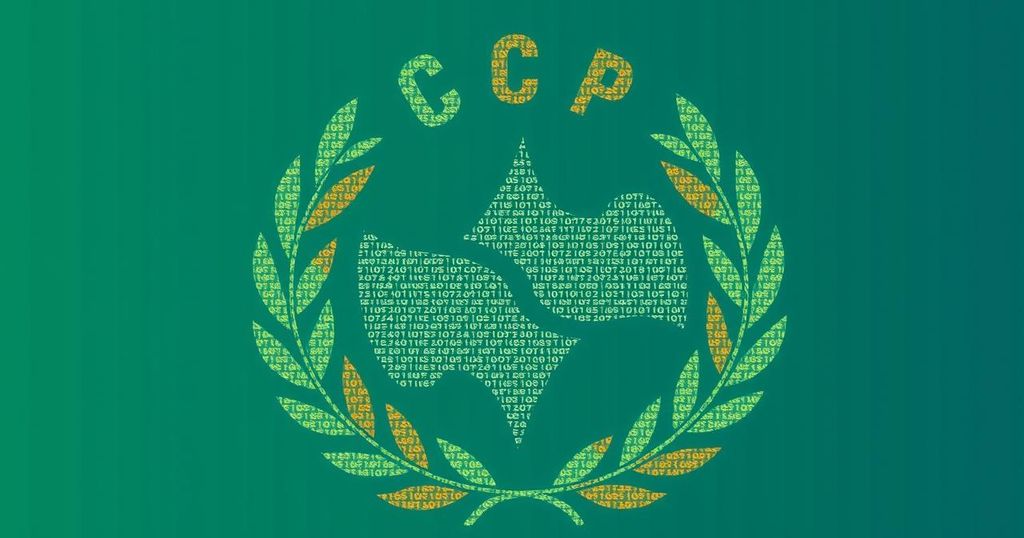Discussions at the Cop29 conference in Baku over a $1 trillion climate fund faced delays due to disagreements on financial contributions between wealthy and developing countries. Rich nations offered $300 billion, while developing nations demanded at least $600 billion in grants and low-interest loans. As tensions rose, delegates from some poorer countries walked out, threatening the negotiation’s collapse, while accusations of obstructionism emerged against Saudi Arabia and concerns regarding the role of the host nation were voiced.
During the late-night negotiations at the Cop29 conference in Baku, discussions surrounding a new $1 trillion global climate fund encountered significant contention between wealthy and impoverished nations. While affluent countries proposed contributing merely $300 billion annually towards the required $1.3 trillion, developing nations deemed this amount insufficient, expressing concerns about increasing debt from reliance on loans or private investment. Ali Mohamed, representing the African negotiators, insisted that at least $600 billion should be provided as grants and low-interest loans from developed countries to effectively combat climate change.
Tensions escalated as two delegations from impoverished nations walked out of a crucial meeting in protest of the perceived inadequacy of financial contributions from wealthier nations, signaling a potential collapse in negotiations if conditions did not improve. Ed Miliband, the UK energy secretary, committed to staying until a consensus was reached, highlighting the necessity of cooperation in addressing the climate crisis.
Saudi Arabia faced widespread criticism for allegedly obstructing talks and trying to change crucial negotiation texts without proper consultation, leading to grievances among other nations like Ireland and Germany. They condemned the host nation, Azerbaijan, for favoring fossil fuel interests amid concerns that key climate agreements, including the transition away from fossil fuels, would be postponed, thus hampering progress.
Moreover, while the United States and China were present, their roles remained subdued, enabling other countries to influence the discussions further. Observers remained cautiously optimistic as negotiations continued into the night, emphasizing the need for transformative financial support to meet the urgent needs of communities most affected by climate change.
The ongoing discussions at the Cop29 conference in Baku revolve around establishing a substantial financial framework to address climate change, particularly in light of the imbalance between the commitments of wealthier nations and the financial needs of poorer countries. The conference was originally scheduled to conclude on Friday, yet ongoing disputes regarding the contribute and mechanisms of financing led to extended negotiations. The UN emphasizes the urgency of delivering aid and support, particularly in the context of commitments made during prior climate summits. The rift between wealthy and developing countries underscores long-standing concerns about equity and fairness in global climate finance, particularly the pressures faced by impoverished nations that are disproportionately affected by climate change. As the discussions unfold, the balance of interests between fossil fuel-dependent nations and the need for aggressive climate action remains a central theme, alongside the dynamics of power among influential global players like the United States and China.
The contentious negotiations at Cop29 highlight the critical challenge of financing climate action, with significant disparities between the financial expectations of poor nations and the offers made by rich countries. The walkout by delegates from impoverished nations exemplifies the profound dissatisfaction with current proposals, reflecting the urgency for equitable and robust financial commitments. As the conference progresses, the outcome will not only affect immediate funding but also the broader trajectory of international climate action and cooperation moving forward.
Original Source: www.theguardian.com






